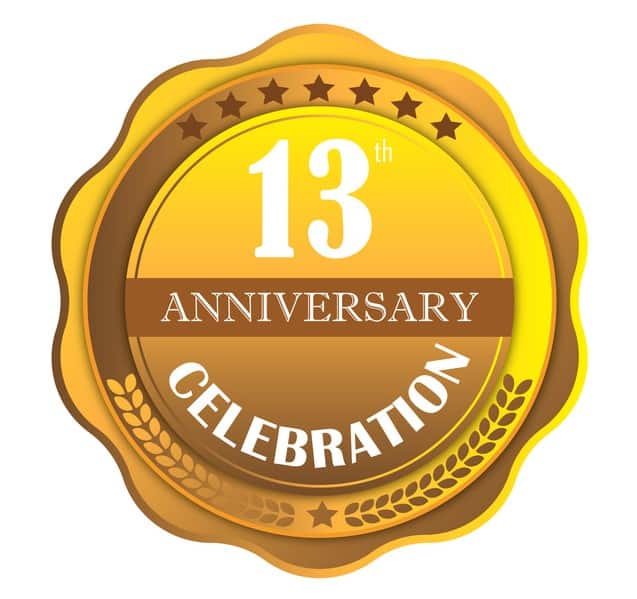10 Signs That You Have a Hoarding Disorder
This is a re-post from KSTP.com.
Hoarding Disorder is now recognized by the American Psychiatric Association as a mental disorder. The DSM-V, which will be released in spring 2013, will contain the addition of Hoarding Disorder. This article is not meant to stand in for psychiatric or psychological advice. Rather, the goal of this article is to help you to know if you should seek medical attention for a possible hoarding disorder.
1. The “stuff” in your house is more than clutter. According to psychologist Gail Steketee of Boston University, “A lot of people have a catchall drawer or closet or even an entire room for extra stuff. It’s when you let it take over two, three, or more rooms that you run into problems.”
2. You are unable to throw away possessions. You experience severe anxiety when faced with throwing away possessions, even if friends and family consider them to be garbage. This can include anything every everyday garbage most people throw away without hesitation.
3. Your possessions have taken over your living space. Maybe you have only a path through your living area available for walking through. Maybe your couch, table, or bed are covered in stuff, and there is just nowhere to put all of it. Perhaps you no longer can reach your bed, so you’re stuck sleeping on the couch.
4. You can’t use your appliances or plumbing fixtures anymore. The refrigerator, perhaps, is full of mold. The sink is full of dishes that you just cannot manage. The cat has made the bathroom sink its new litter box. Daily functions, like cooking and bathing, are almost impossible in your house, so you’re relying on takeout and microwave meals.
5. You feel embarrassed by your possessions. You feel uncomfortable when other people see your possessions. You dread having friends or family enter your house. Unlike collectors, who are proud of their collections, you are ashamed of yours.
6. You’re suspicious of other people touching your possessions. After visits from family or friends, you check the trash for discarded possessions of yours. Even if you find your possessions to be unmanageable, you feel anxious when others offer to help you to clean up. Sometimes you even check the trash when you’ve taken it out, just in case you threw something out that you consider to be a possession.
7. You can’t pass up a bargain. It hurts you to pass up a good bargain, so your house (and maybe your garage, and yard) is full of items that you’ve purchased. Even if you don’t really have enough money to shop, you just can’t stop yourself from buying something if it is a bargain.
8. You are sure that there is a treasure buried under the piles of stuff in your house. People keep telling you to just take a garbage bag and get rid of all your stuff. They don’t understand that you feel like you can’t, because you think that buried in the piles are objects that have either sentimental or monetary value.
9. You move stuff from pile to pile, but you don’t throw it away. In order to find your possessions, you have to sort through piles of stuff. Instead of throwing away things that have no monetary value, like old newspapers, you just move them from pile to pile. According to the Mayo Clinic, this is a symptom of a hoarding disorder.
10. Your house smells bad and is dirty, but you cannot clean it up.You’ve gotten used to things like animal feces on the floor, and you can’t manage to clean up the mess. There is a bad smell in the house, but you can’t find its source due to the piles of stuff that have accumulated. Surfaces in your house are covered in dust, but there is so much stuff around that you can’t reach the surfaces to clean them. Although squalor is not necessarily a symptom of hoarding, it can be a red flag.
Besides the obvious problems to most people there can be serious physical health problems from exposure to things such as dust, chemicals, and feces. Homes of hoarders need to be treated and cleaned professionally to minimize risk and exposure to diseases.
If you, or someone you love, is hoarding, find a support group or therapist through the International OCD Foundation. Or find a compassionate cleaning service for hoarders like Scene Clean, Inc.


